What is the rate of surplus/wasted food in the UK currently, and why do you think this is increasing/decreasing?
Of all the environmental challenges we face, food waste is one of the most avoidable – yet every year, 10.7million tonnes of food is wasted in the UK. It is also expensive, with the cost of this waste estimated at an astounding £21.8billion per year.
Promisingly, according to WRAP, the rate of wasted food looks to be decreasing overall compared to 2007 (the Courtauld 2030 baseline year). It’s a reason to be hopeful, as it demonstrates a small win in increasing awareness among the government, businesses, and the general public about the importance of reducing food waste. But there is still more to be done.
With food poverty at an all-time high, are people able to access Too Good To Go without a smartphone? Are there plans to make this possible?
Our mission is to save as many meals as possible from going to waste across the supply chain. We are continually adapting our approaches, such as using different platforms and offering food parcels, to inspire and empower more people and businesses to fight food waste effectively. So, we will never stop innovating!
What is the environmental impact of wasted food?
The production of lost or wasted food and drink generates significant greenhouse gas emissions which contribute to a wide range of environmental effects. In both 2021 and 2022, greenhouse gas emissions associated with wasted food and drink in the UK accounted for approximately 18 million tonnes of equivalent CO2. This not only harms the earth but wastes precious resources as well. Saving 1 kilogram of food from going to waste in the UK avoids 2.7kg of CO2e emissions, 2.8m2 of land use and 810 litres of water. Our Surprise Bags contribute significantly to reducing CO2e emissions by saving food from going to waste. Here in the UK, we are currently celebrating the milestone of saving 40 million Surprise Bags, which has helped to avoid over 108 million kilograms of CO2e emissions – equivalent to the average yearly emissions of over 14,200 UK citizens!
What was the outcome, if any, of Too Good To Go’s open letter to the government in March this year?
Our open letter to the UK government galvanized the food industry and showcased the current level of business support – from across the supply chain – for mandatory food waste reporting. As a result of this momentum, we are having productive conversations across the political spectrum, proving that this industry can take the lead on policy and social issues to drive the agenda on food waste reduction forward and, with the upcoming election, we are confident that we will see progress.
What can supermarkets/hospitality do to reduce food waste (and therefore the environmental impact)?
To reduce food waste, every player across relevant industries needs to participate. There are many ways supermarkets and hospitality groups can play their part including implementing accurate food waste reporting and measurements, training and motivating staff on the importance of reducing food waste, raising consumer awareness about food waste, finding ways to collaborate with providers and suppliers, utilising safety nets like Too Good To Go to avoid surplus food, and finally reconsidering date labels where possible (such as moving away from ‘Best Before’ labels).
In terms of reconsidering ‘Best Before’ labels, our ‘Look-Smell-Taste’ date labelling initiative encourages consumers to trust their senses in order to reduce food waste. Shockingly, 10% of Europe’s food waste is due to consumers’ misunderstanding of date labels, with the Use By date for food safety and food should not be eaten after this date, versus the Best Before date which is about optimal food quality.
The Look-Smell-Taste label which partners can place on their products helps remind people that a product past its ‘Best Before’ date could still be good to eat, and that they simply need to look, smell and taste the product before wasting it unnecessarily at home. The initiative is currently live in 13 countries, with 532 active partner brands, and six billion product packs with the label annually with more brands joining every day!
Please tell me about some of your existing partnerships with retailers like Aldi. What was the process? Do you have any upcoming partnerships you can discuss?
In February 2023, we were thrilled to launch our national partnership with Aldi to distribute surplus food and avoid waste. Aldi shoppers can receive a Surprise Bag of quality produce just before it reaches its sell-by date for a reduced price. To collect these bags, customers can search for any Aldi store in their area on the Too Good To Go app, before selecting their preferred timeframe for pickup. Together, the partnership alone has saved over half a million bags of wasted food, avoiding an estimated 1,500 tonnes of CO2 emissions, and over seven million pounds for customers.
Everyone is welcome to join us on our mission to save food from going to waste and we are continuously expanding our existing partnerships and seeking new ones for the marketplace. We are also committed to further developing the Too Good To Go platform which launched in January of this year and introduced our new end-to-end modular solution, enabling retailers to unlock value from excess inventory with modular software that seamlessly tracks and helps to re-distribute surplus food.
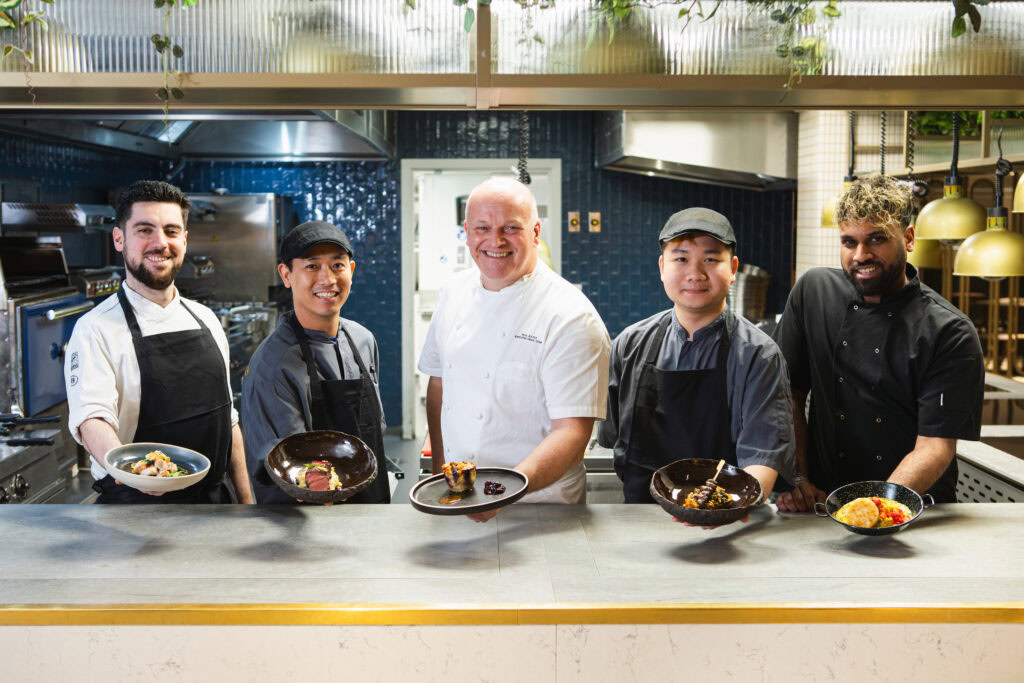
What do you think about Hilton’s Zero Waste menu trial and similar initiatives? Is this the way forward?
The emergence of food waste initiatives like Hilton’s Zero Waste Menu is great to see. It shows that leading businesses within the industry are beginning to recognise the importance of reducing food waste. Given the broad scope of the issue, with 40 per cent of all food going to waste globally, the more innovation and solutions we have, the better.
Can you tell me about any other interesting statistics on surplus food?
According to the Waste and Resources Action Program (WRAP), the average UK household wastes the equivalent to eight meals a week. Globally, Too Good To Go saves four meals every second, yet approximately 80,000 meals still go to waste. Reducing food waste is the number one action the average person can take to help tackle climate change. With increased collective participation, solutions to diminish waste and lessen the effects of climate change could result in a controlled temperature rise of 2˚C by 2100 (Project Drawdown, 2020).





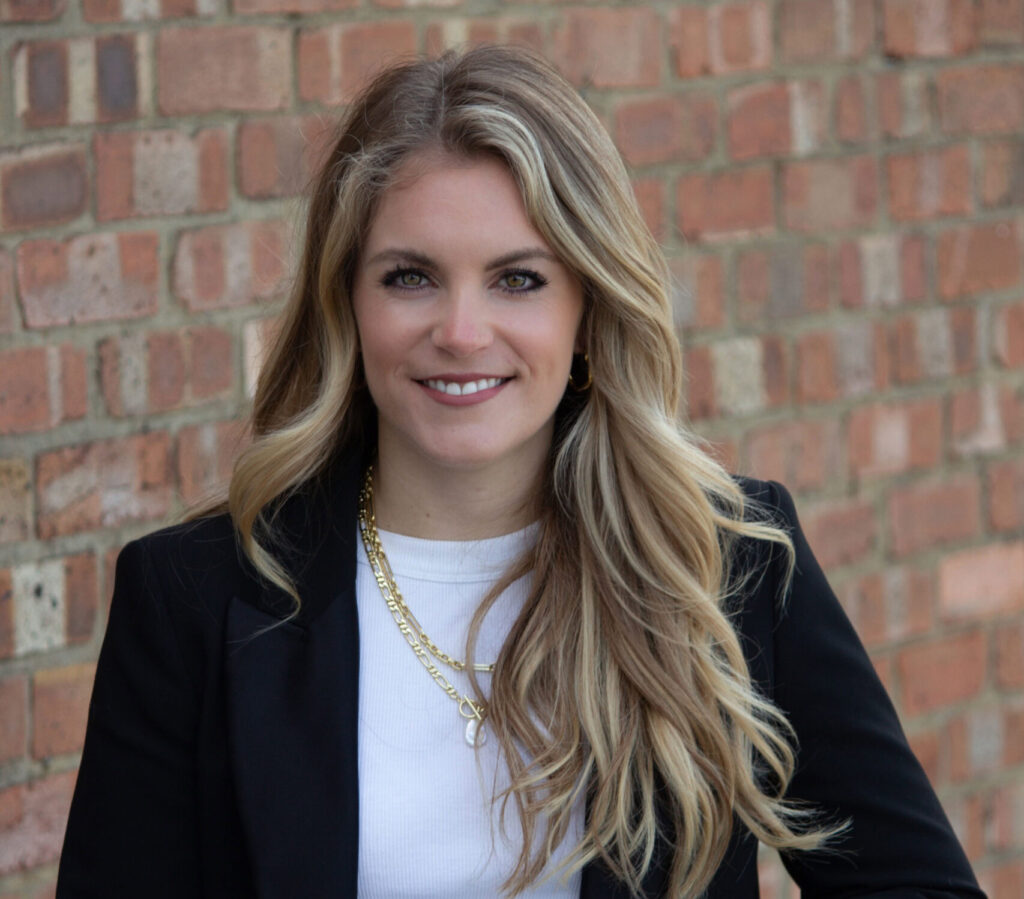
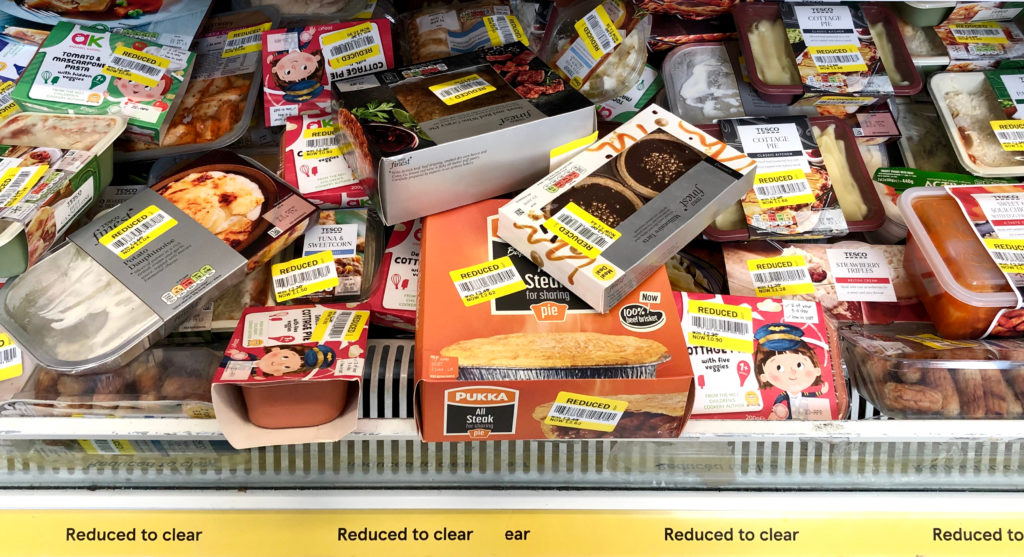
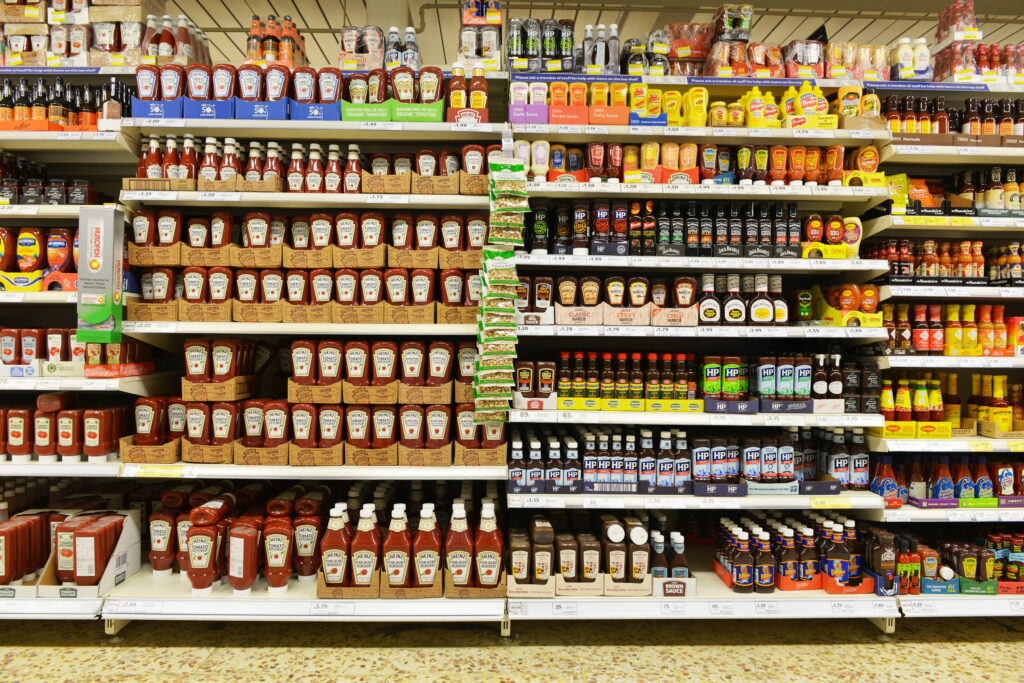

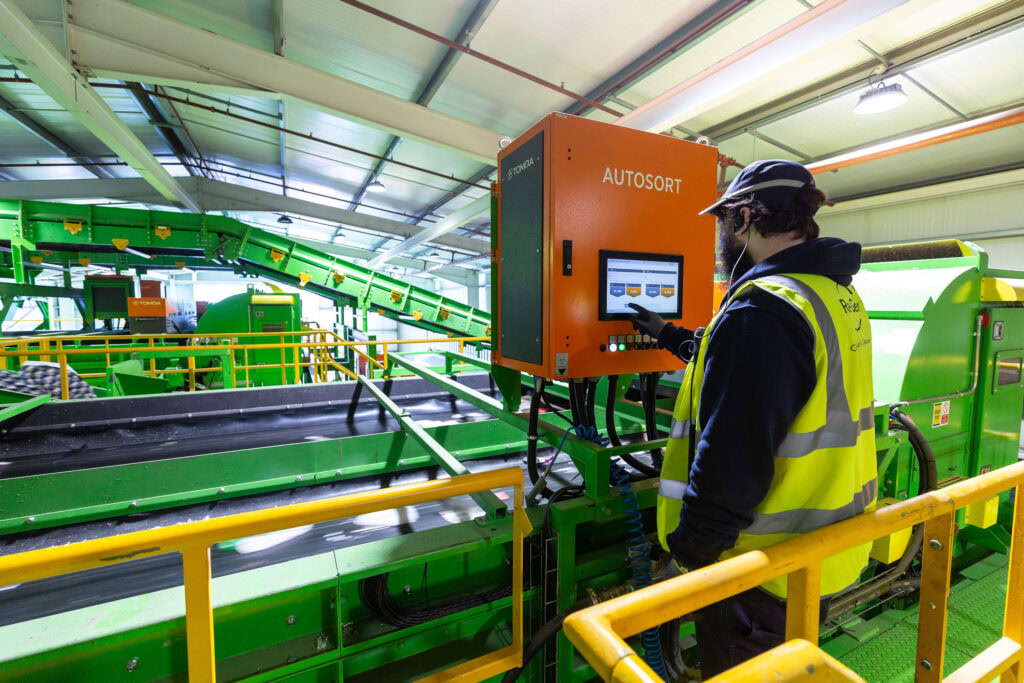

Subscribe for free